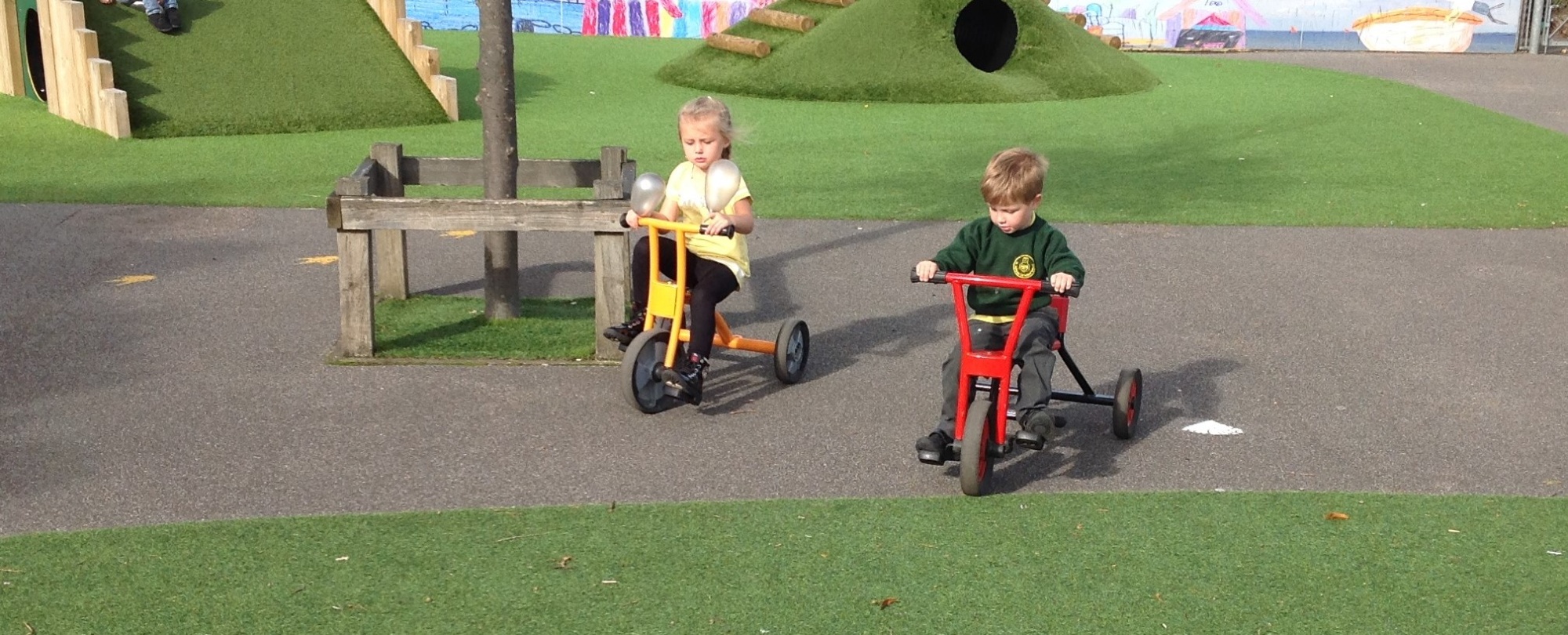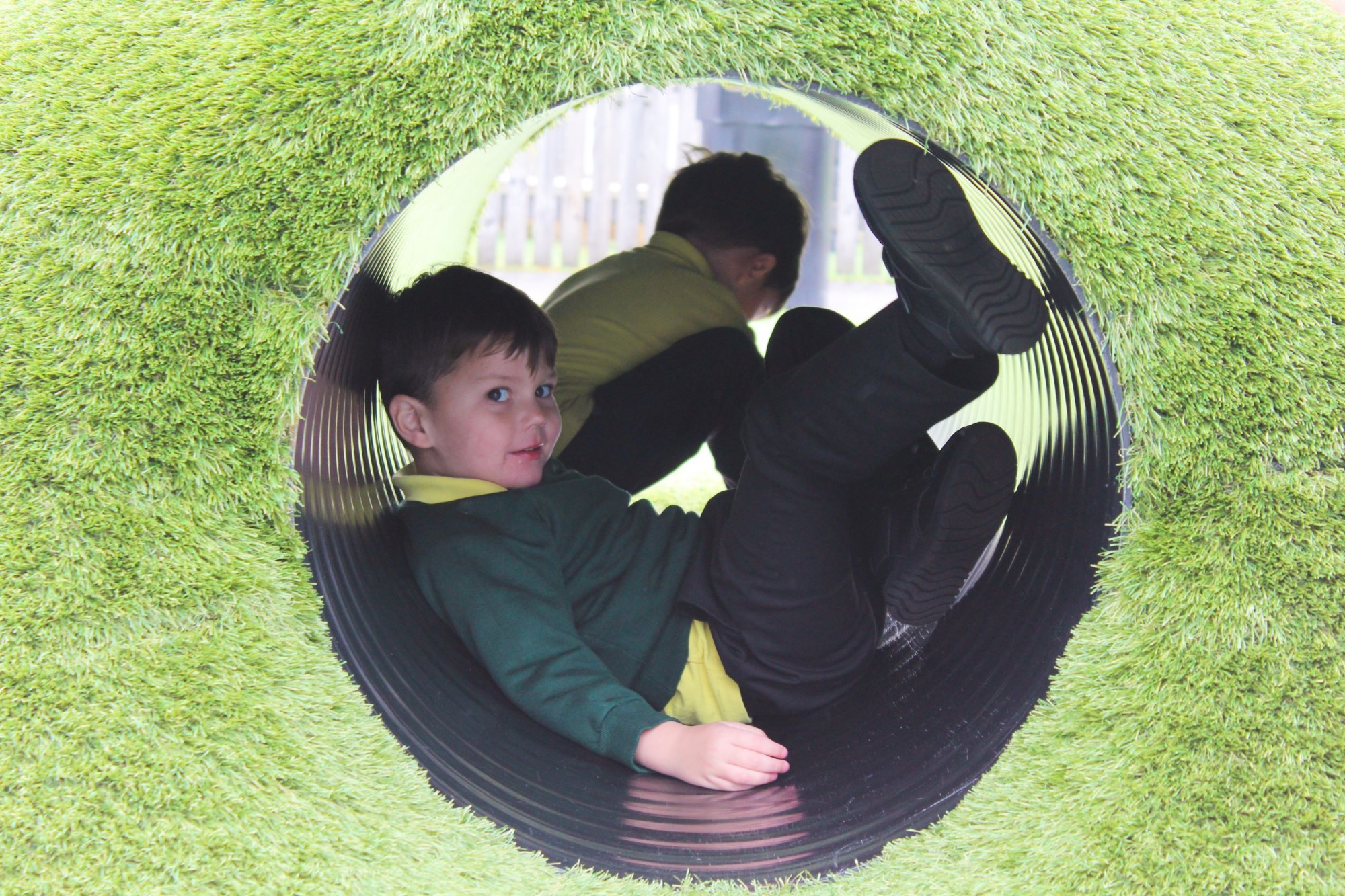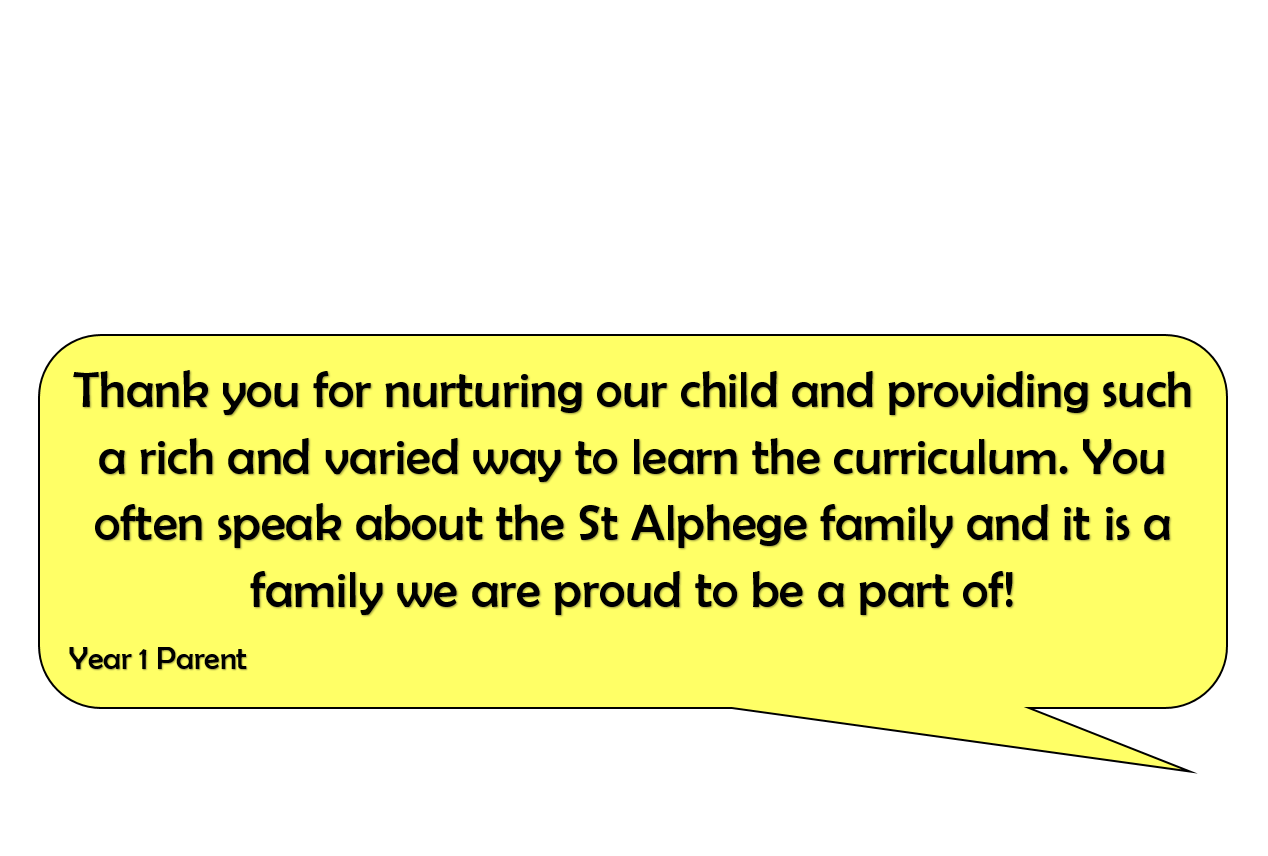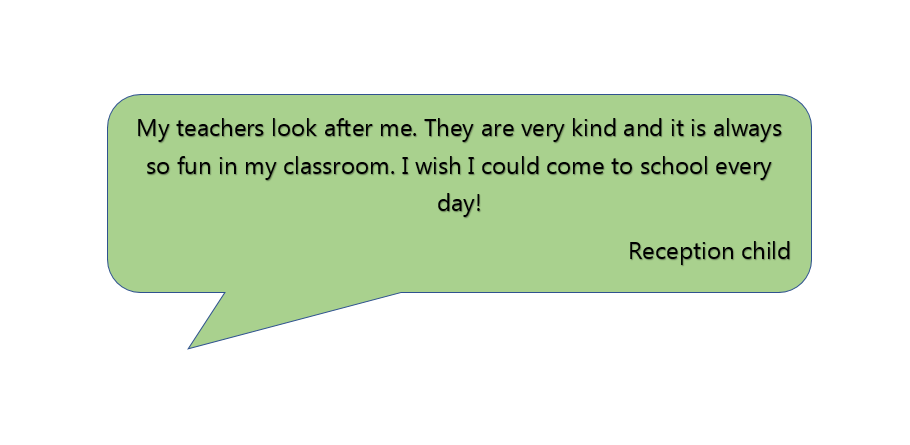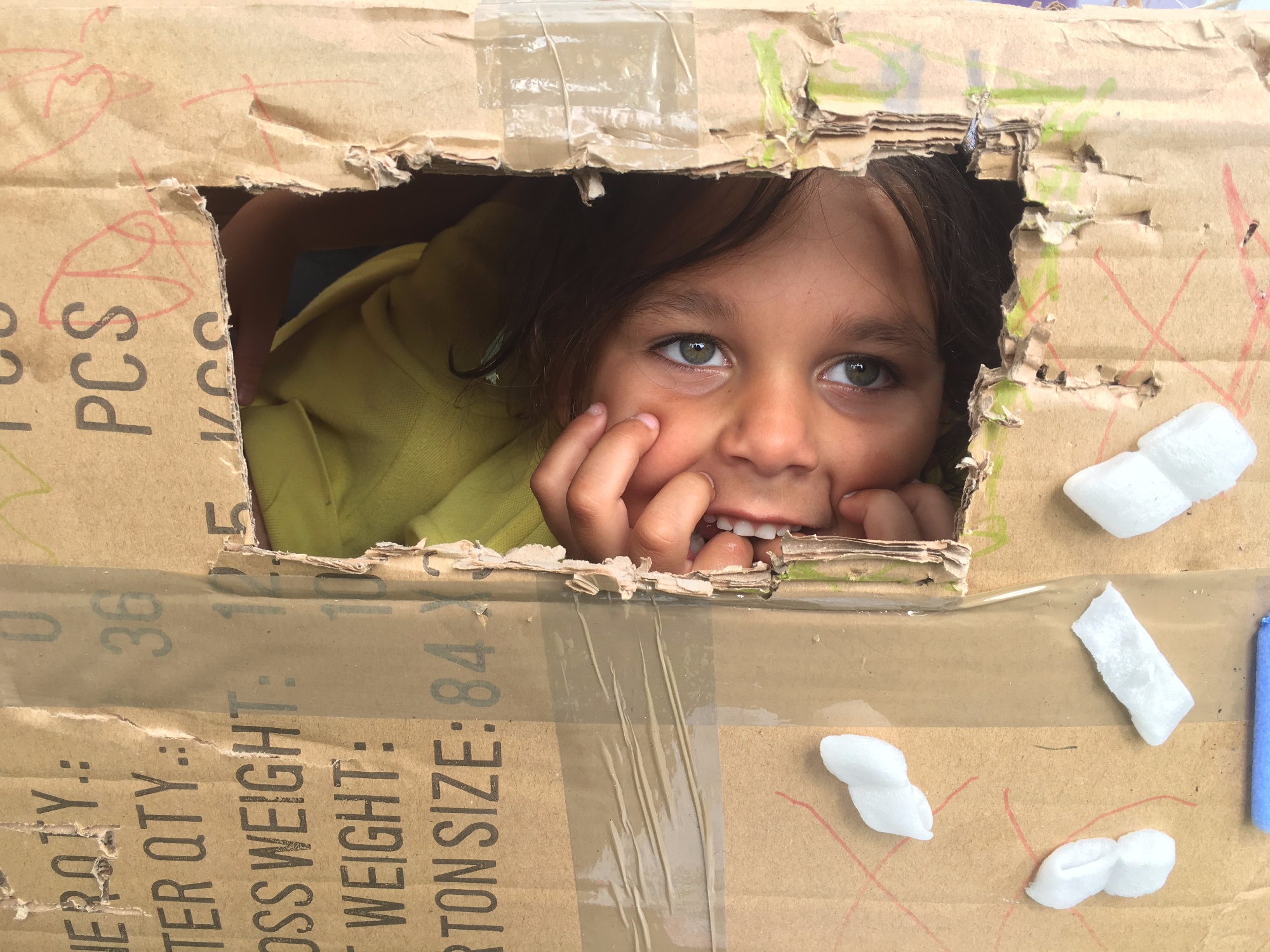Health News
New NHS App for A&E departments in East Kent

Don’t wait for an emergency!
Download the ‘WaitLess’ app now and get live waiting times in all A&Es and minor injury units across east Kent. Waitless combines patient waiting times with up-to-the-minute travel information, meaning you can get urgent treatment for minor injuries faster.
https://www.medway.nhs.uk/news/new-free-app-to-help-patients-wait-less-for-urgent-nhs-care/626032
Common Childhood Illnesses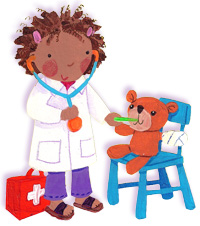
Young children are susceptible to all kinds of common ailments when they first start school. With immune systems which need to build up resistance and lots of 'new friends' sharing their bugs it can seem as if your child is permanently unwell.
Most children with a cough or cold are well enough to attend school but they may need a few days off if their illness starts with a high temperature. Please see the health advice below if you are unsure whether your child's illness means they should stay off school, or telephone the school office.
Further advice can be found at NHS Choices
Sickness and diarrhoea can also spread very quickly amongst young children. Good hygiene by way of hand washing is important. If your child has sickness and/or diarrhoea they should remain away from school for 48 hours following the end of their symptoms.
Head lice is also common place in schools, especially amongst the younger children who tend to have closer contact with each other. There is no need to keep your child off school if you find they have head lice. Treatment by combing the hair with conditioner and a head lice comb regularly should help to keep them away. See the leaflet below for further guidance.
Chickenpox can be spread quickly. If your child develops spots which you think may be chickenpox please do get your child's GP to confirm this. Please let the school know and keep your child at home for at least 5 days from the first day the spots appeared. All the spots should have dried up and crusted over before your child can return to school. NHS advice on Chickenpox
Thread worms are common in childhood particularly in children under 10 years old. The worms are white and look like small pieces of thread. You may notice them around your child's bottom or in their poo. They don't always cause symptoms, but people often experience itchiness around their bottom. If someone in your house has thread worms then all members of the household should be treated. Please visit your pharmacy for further advice. There is no need to keep children off school if they have thread worms. Good hand hygiene is very important.
Scarlet Fever is also on the rise nationally. It is a fairly mild disease caused by the same virus as that which causes tonsillitis. It is characterised by a rash all over the body but not on the face. You must visit your GP if you suspect Scarlet fever as it is a reportable disease. Once your child has had antibiotics for one day and providing they are well, they can return to school.
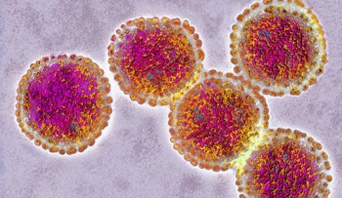 Children's Flu Vaccine
Children's Flu Vaccine
In the autumn/winter the annual nasal spray flu vaccine will be available for children aged two, three and four years old plus children in school years Reception, one and two as part of the NHS childhood vaccination programme.
More information can be found on the NHS Choices website.
School Health Team
We work closely with the Kent School Health Team who provide a wide range of services aimed at supporting children and young people to have the best possible health and education outcomes.
Reception children are offered a health screening program which covers hearing and vision checks and height and weight checks. Parents can of course opt out of this being carried out in school.
More information about the School Health Team can be found here www.kentcht.nhs.uk/school-health

